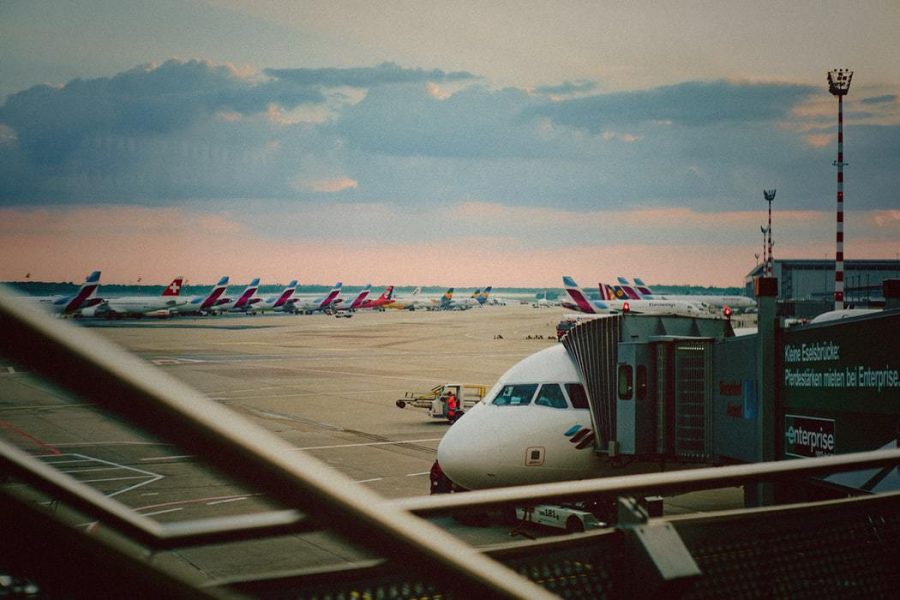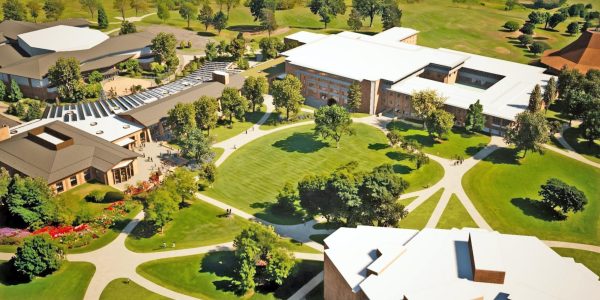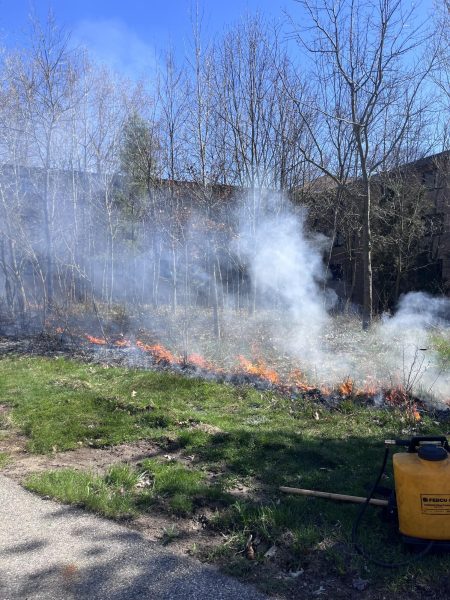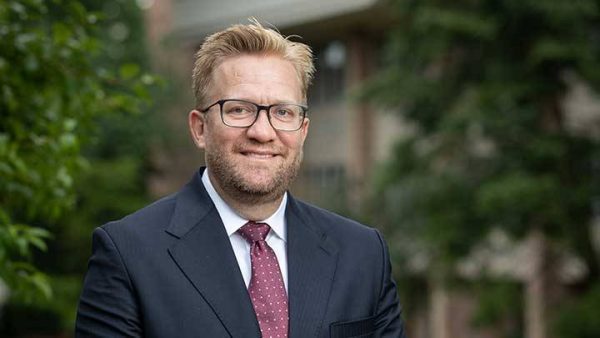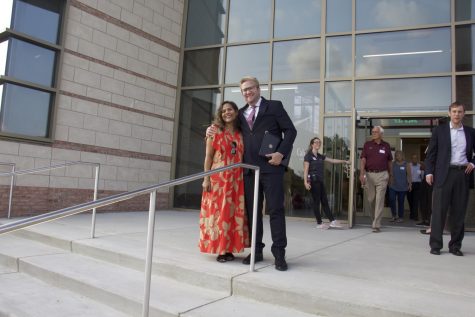Calvin students exempt from Trump admin travel ban
About 30 Calvin students come from countries directly affected by a new travel ban enacted by the Trump administration. The Trump administration added six new countries — Eritrea, Sudan, Kyrgyzstan, Tanzania and Nigeria — to their travel ban list on Feb. 3. However, these students are here on an F-1 student visa and are therefore exempt from the ban, which only has been applied to the immigrant category visas.
Anonymous officials told the New York Times that Sudan was added due to the fact that it remains a “state sponser of terrorism.” The ban on Nigerian immigration was justified by an “elevated risk and threat environment in the country.”
Brent Wilkinson, the immigration coordinator at Calvin, said, “It is possible that students from these countries will undergo closer scrutiny at ports of entry, but no one with proper documentation should be denied entry.”
When asked when Calvin became aware of the ban, Wilkinson stated that there is a lot of misinformation regarding visas and immigration. Wilkinson reported that the first reliable indication that an expansion of the ban could occur came on Jan. 21. At that point, Wilkinson and his colleagues knew it was unlikely for student visas to be affected. When the detailed announcement was released, Wilkinson contacted students from the affected countries.
Oula Salih, a Calvin student from Sudan, felt surprised and very angry at the news of the ban. She said that she feels as though “it is not fair to oppress people who just want a better life and are being punished for things they did not do.” Salih expressed a deep love for her country and a hope that more Sudanese people could immigrate to the United States. Salih emphasized that “getting a visa in Sudan is an extremely long, expensive and difficult process.”
A Nigerian international student who requested anonymity said they weren’t extremely concerned when they heard the news about the recent travel ban, as they understood that it wouldn’t affect F1 student visas. However, the student described how difficult the visa process was, specifically pointing towards the fact that their mother couldn’t get a visa in time to help them move in. In response to prior comments made about Nigeria by the Trump administration, the student said, “We just make jokes out of that stuff. That’s not what we are… I want more people to be aware that we’re people too. We aren’t savages.”
The students interviewed highlighted their hope for the bans to be lifted and for mindsets about their countries to be changed. Salih hopes that people can be more open minded and see Sudan’s beauty, culture and diversity.
Correction: Chimes stated the ban went into place on Jan. 3. It went into effect on Feb. 3. Chimes did not specify that the students will not be affected by the ban. The article and its headline have been updated. Chimes regrets the error.




